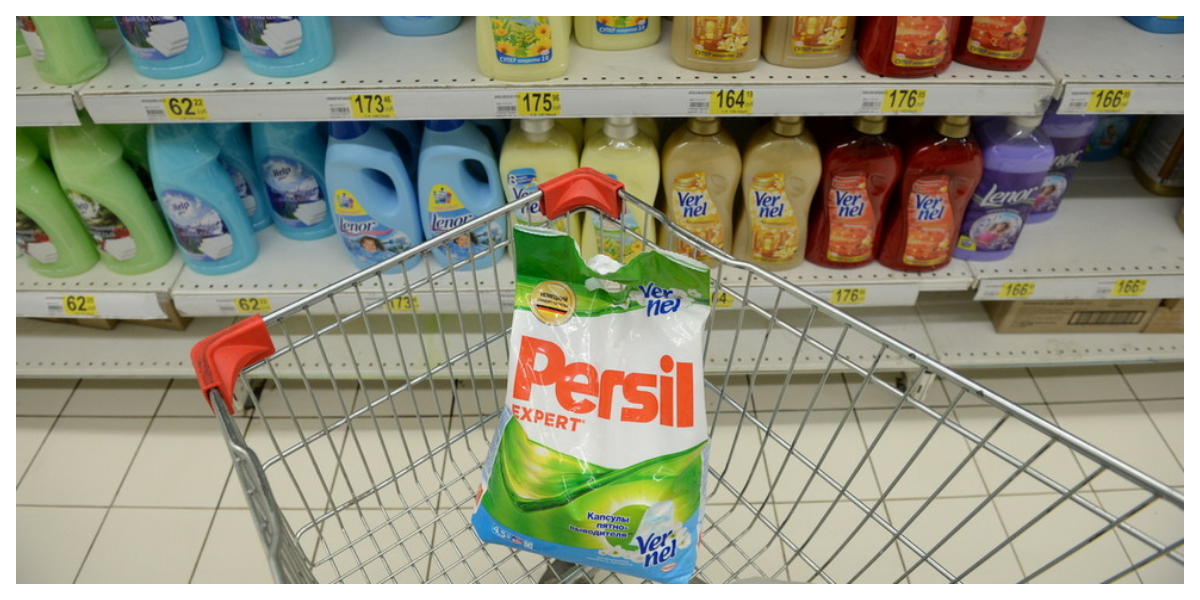German customer goods group Henkel, which incorporates splendor brand Schwarzkopf and Pritt adhesive, stated on Tuesday it might be a part of a string of different businesses leaving the Russian marketplace.
Henkel has “decided to exit its commercial enterprise activities in Russia”, wherein it employs 2,500 people, the company stated in a statement.
The economic effect on the Dusseldorf-based group “cannot be quantified at this time”, it introduced.
Henkel announced at the beginning of March that it would stop investments in Russia while continuing to supply the market with “essential goods” across its range of household and personal hygiene products.
Before the outbreak of the war, around five percent of Henkel’s revenues came from the Russian market.
The group’s exposure reflects the close ties German business has sought to develop with Russia.
A wave of German companies has headed for the exit door following the invasion of Ukraine.
In the immediate aftermath, flagship carmakers such as Volkswagen, BMW, and Mercedes-Benz said they would stop exports to Russia and cease production at their plants in the country.
Others have decided to pursue their operations in Russia, despite Western sanctions against President Vladimir Putin’s government.
The pharmaceutical giant Bayer has stopped “non-essential business” but continues to supply Russia with health and agricultural products.
Wholesaler Metro has continued its business, citing a “responsibility” to customers who bought food from the company.
Ritter Sport, of the distinctively rectangular chocolate bars, has also stayed in Russia and earned itself the ire of the Ukrainian ambassador to Germany, Andriy Melnyk, who has referred to as out the company on Twitter.
The confectioner stated on the give up of March it might donate income from the Russian market to “humanitarian aid companies”.

















